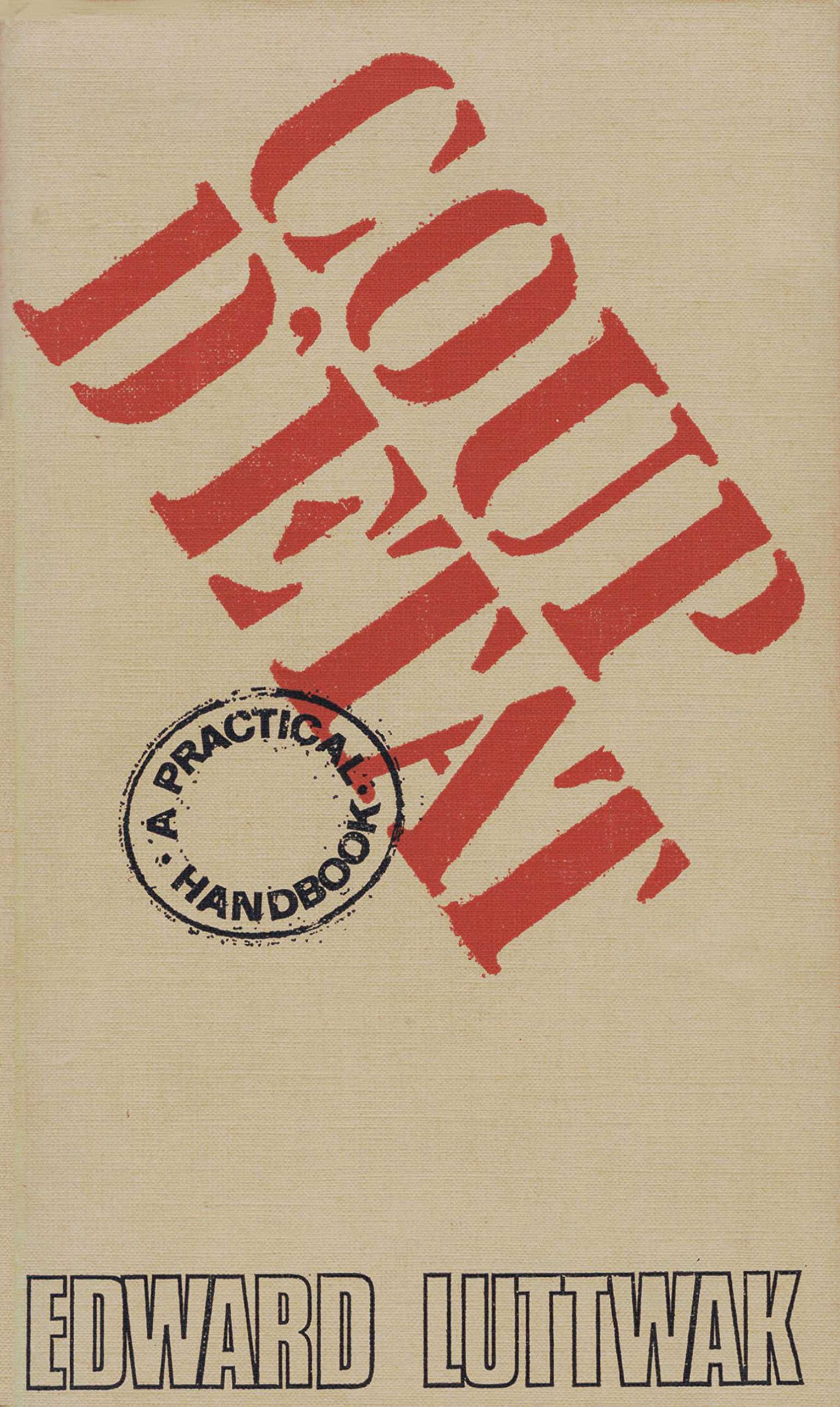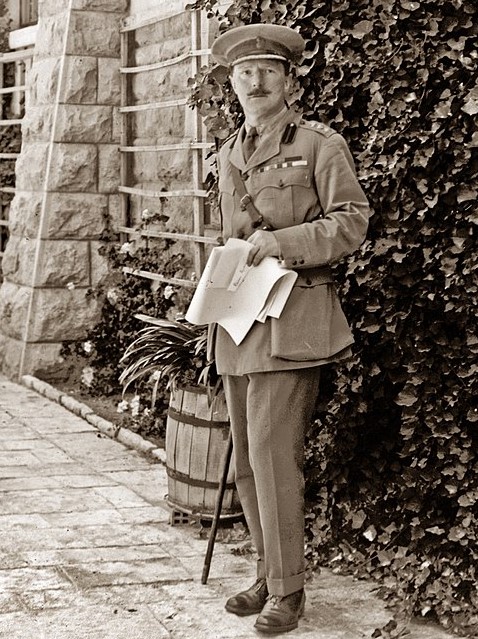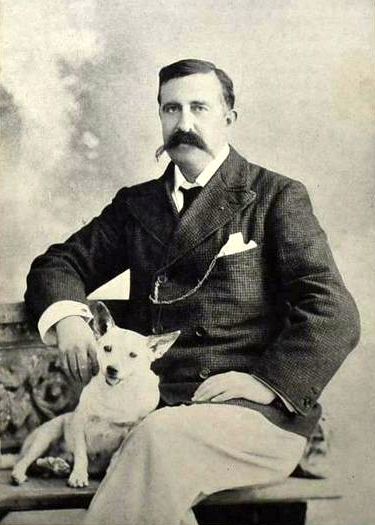
About Andrew Cusack
 Writer, web designer, etc.; born in New York; educated in Argentina, Scotland, and South Africa; now based in London.
Writer, web designer, etc.; born in New York; educated in Argentina, Scotland, and South Africa; now based in London. read more
News
Blogs
Reviews & Periodicals
Arts & Design
World
France
Mitteleuropa
Knickerbockers
Argentina
The Levant
Africa
Cape of Good Hope
Netherlands
Scandinavia
Québec
India
Muscovy
Germany
Academica
Monolingual Limitations
I’m  sure I wasn’t the only twelve-year-old whose favourite book was Edward Luttwak’s delicious Coup d’État: A Practical Handbook — an excellent gift from my father. The work gave me a lifelong fascination with the golpe de Estado, a phenomenon of government all too increasingly a rare species in our post-Cold War era.
sure I wasn’t the only twelve-year-old whose favourite book was Edward Luttwak’s delicious Coup d’État: A Practical Handbook — an excellent gift from my father. The work gave me a lifelong fascination with the golpe de Estado, a phenomenon of government all too increasingly a rare species in our post-Cold War era.
Just about everything written or said by Luttwak — lately a cattle farmer in Paraguay — is worth reading or listening to. For a start you could read his contributions to the LRB or to the excellent American Jewish Tablet magazine.
I have been waiting for someone to offer a refutation of his provocative Prospect essay on how the Middle East is less relevant than ever, and it would be better for everyone if the rest of the world learned to ignore it.
David Samuels chat with Luttwak this month on the subject of the Three Blind Kings — Putin, Biden, and Xi — offers some superb insights as well as amusements.
Among the lessons that Luttwak is keen to drive home — and he says so over and over and over again on Twitter — is that American intelligence-gathering (and government in general) is too reliant on technology with too few officials, analysts, and operatives actually learning the language of those they are attempting to surveil.
 That this state of monolingual limitation was not always the case was driven home in an excellent piece by Jonathan Gaisman in the February 2022 New Criterion concerning Sir Ronald Storrs (left, 1881–1955) — “the most brilliant Englishman in the Near East” as Lawrence of Arabia called him.
That this state of monolingual limitation was not always the case was driven home in an excellent piece by Jonathan Gaisman in the February 2022 New Criterion concerning Sir Ronald Storrs (left, 1881–1955) — “the most brilliant Englishman in the Near East” as Lawrence of Arabia called him.
An accomplished Arabist, Storrs served as Oriental Secretary for the British administration in Egypt before going on to become Military Governor of Jerusalem, Governor of Cyprus, and Governor of Northern Rhodesia, from which role he retired on health grounds, returned to the metropole, and served a few years on London County Council.
Gaisman relays this delicious anecdote from the British official’s 1937 autobiography Orientations:
Sometime in 1906 I was walking in the heat of the day through the Bazaars. As I passed an Arab café an idle wit, in no hostility to my straw hat but desiring to shine before his friends, called out in Arabic, “God curse your father, O Englishman.”
I was young then and quicker-tempered, and foolishly could not refrain from answering in his own language that I would also curse his father if he were in a position to inform me which of his mother’s two and ninety admirers his father had been.
I heard footsteps behind me and slightly picked up the pace, angry with myself for committing the sin [of] a row with Egyptians. In a few seconds I felt a hand on each arm. “My brother,” said the original humorist, “return, I pray you, and drink with us coffee and smoke. I did not think that Your Worship knew Arabic, still less the correct Arabic abuse, and we would fain benefit further by your important thoughts.”
Gaisman further spoils us with another excellent story — this time about Storrs’ predecessor as Oriental Secretary in Cairo, Mr Harry Boyle:
[Boyle] was taking his tea one day on the terrace of Shepheard’s Hotel when he heard himself accosted by a total stranger: “Sir, are you the Hotel pimp?”
“I am, Sir,” Boyle replied without hesitation or emotion, “but the management, as you may observe, are good enough to allow me the hour of five to six as a tea interval. If, however, you are pressed perhaps you will address yourself to that gentleman,” and he indicated [the self-made tea magnate] Sir Thomas Lipton, “who is taking my duty; you will find him most willing to accommodate you in any little commissions of a confidential character which you may see fit to entrust to him.”
Boyle then paid his bill, and stepped into a cab unobtrusively, but not too quickly to hear the sound of a fracas, the impact of a fist and the thud of a ponderous body on the marble floor.
 Boyle’s 1937 obituary in the Palestine Post noted he was “a gifted linguist, speaking no fewer than twelve languages”. When Lord Cromer was Britain’s proconsul in Egypt, he and Boyle were such frequent perambulators along the Nile that Boyle earned the nickname Enoch, for he “walked daily with the Lord”.
Boyle’s 1937 obituary in the Palestine Post noted he was “a gifted linguist, speaking no fewer than twelve languages”. When Lord Cromer was Britain’s proconsul in Egypt, he and Boyle were such frequent perambulators along the Nile that Boyle earned the nickname Enoch, for he “walked daily with the Lord”.
During these walks, Cromer was keen to mix with Egyptians of the most humble backgrounds and was aided by Boyle’s linguistic skills. Such was his excellence in Arabic that, returning to Egypt many years later, Boyle was recognised by a peasant farmer many miles outside of Cairo and warmly embraced as the man who used to walk the Nile with the British lord.
“In the hot and brooding nights of the Egyptian summer,” the Post appreciation also relates, “when all who were at liberty to do so had fled to cooler climes, Cromer and Harry Boyle might often have been seen seated after dinner on the veranda of the Agency in Cairo reading aloud alternately passages from the Iliad.”
Perhaps all is not lost. While I can’t speak for the state of the gift of tongues at Langley, at least the Prime Minister of the United Kingdom can launch into Homer, in Greek, from memory.
But Luttwak would surely be right to retort that it is among the mid-level officials and analysts that linguistic skills are most missing — nor are we currently threatened by Athens, Sparta, or Corinth.
Search
Instagram: @andcusack
Click here for my Instagram photos.Most Recent Posts
- Burns Tower April 19, 2024
- Patrick in Parliament March 18, 2024
- Articles of Note: 13 March 2024 March 13, 2024
- Cambridge March 9, 2024
- Taken on Trust March 4, 2024
Most Recent Comments
Book Wishlist
Monthly Archives
Categories


